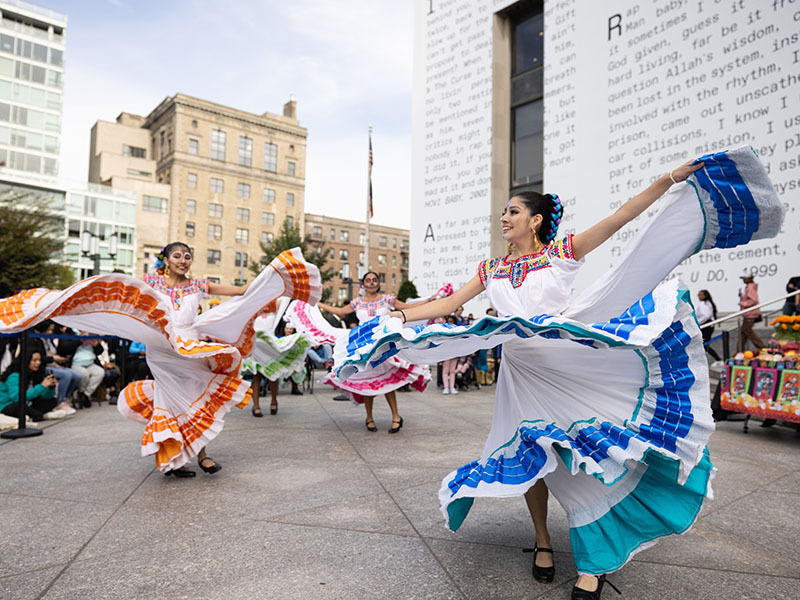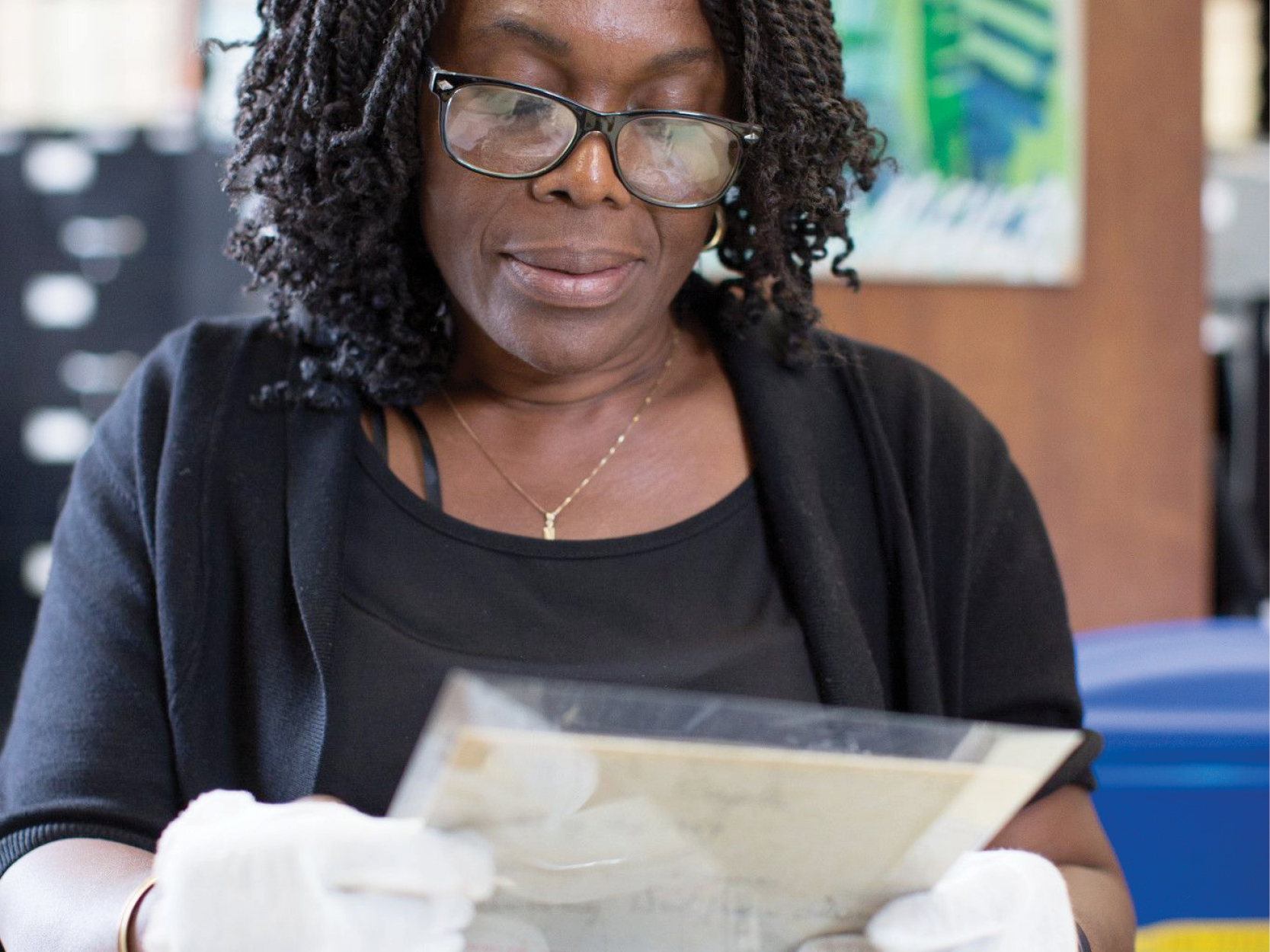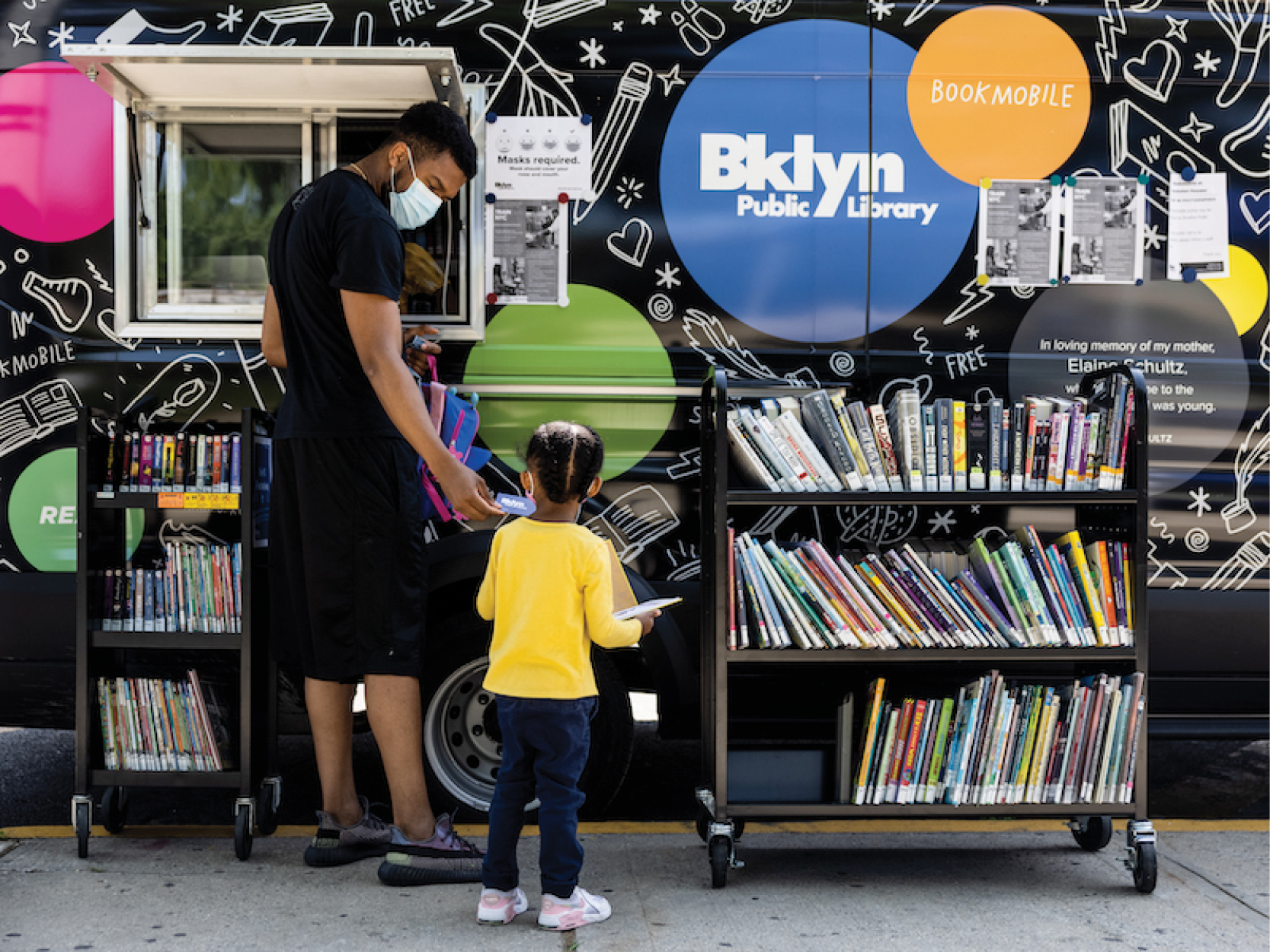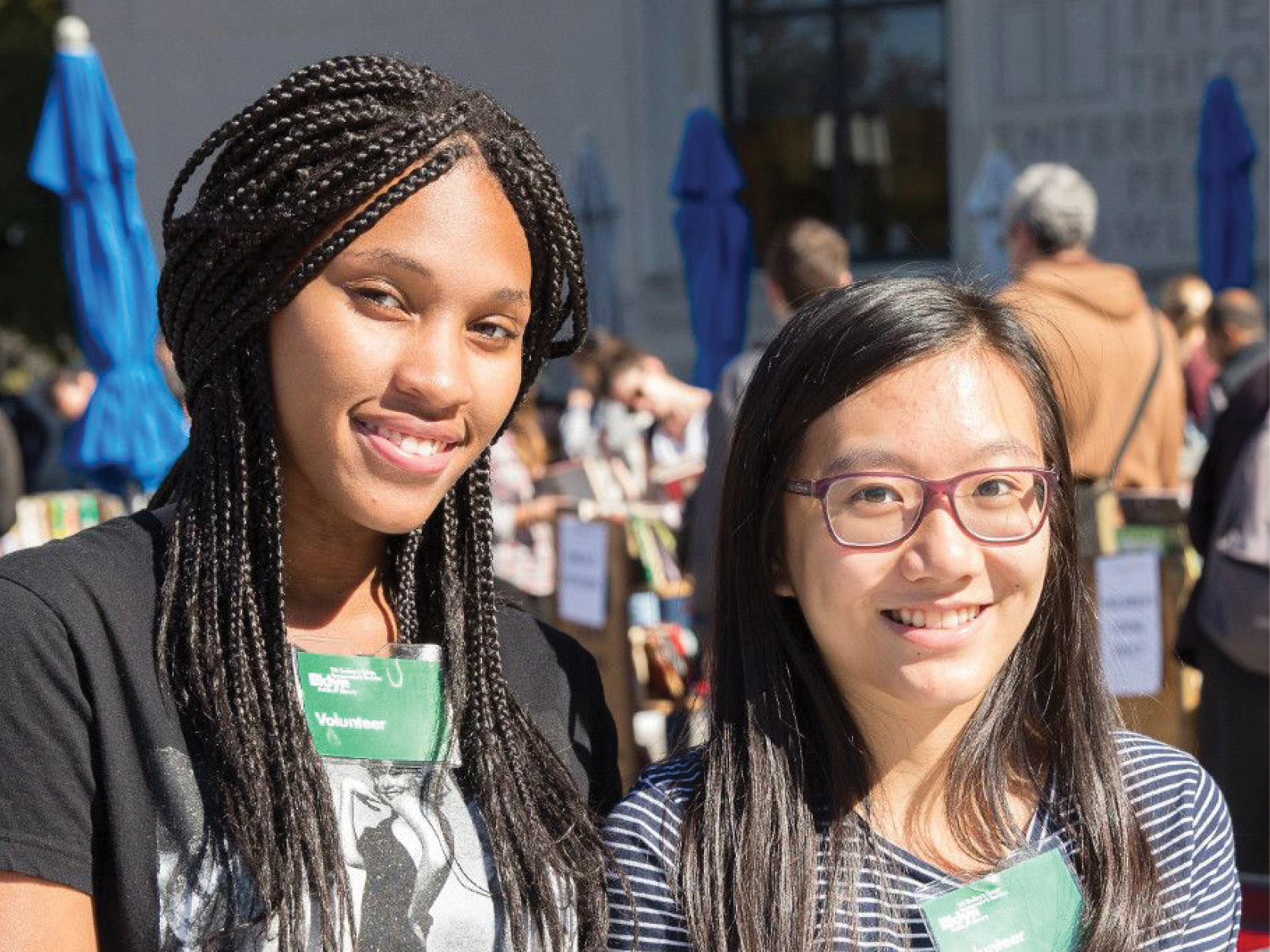Oral History Interview with Squatter and Radical Priest Frank Morales
[audio: http://www.brooklynhistory.org/podcast/071709_Frank%20Morales%20Interviewed%20by%20Amy%20Starecheski.mp3]
This two-hour oral history interview with Frank Morales was conducted on July 17, 2009. Frank Morales, a radical Episcopalian priest who has been squatting in the South Bronx and on the Lower East Side since 1978, discusses his childhood on the Lower East Side, his squatting experiences, and their relevance to the current housing crisis, in Brooklyn and beyond.

This interview was conducted live over the radio (low-power FM and streaming online) at the University of Trash. The University of Trash was an art installation at the Sculpture Center in Queens which functioned as a collaborative, "temporary, makeshift university," offering classes and discussions on topics from concrete boat construction to building a radio station to situationism.
Frank Morales, a radical Episcopalian priest who has been squatting in the South Bronx and on the Lower East Side since 1978, has recently been hired as the housing organizer for Picture the Homeless, a homeless-led grassroots group which has been developing a multi-pronged program of direct action to secure housing for homeless people, alongside groups like Miami's Take Back the Land. Through this connection and others, the knowledge of long-term squatters is being passed on to the people who need it in multiple ways. Oral history can be one small part of that, and this interview was done with the intent to contribute to that process, while reflecting on what the past means in the rapidly changing present.
In it, Frank talks about growing up on the Lower East Side in the 1950s and 60s; his decision to become a priest, and liberation theology; opening his first abandoned building in the South Bronx; the politics and logistics of squat defense; the internal dynamics of squatted buildings; squatting and art; squatting as a long-term strategy to create "zones of resistance" in the city; and his ideas for the many newly abandoned condos in Brooklyn today. Frank is a gifted storyteller with insightful political analyses.
The interview will be archived at the Tamiment Library and Robert F. Wagner Labor Archives at New York University, as part of the Squatters Rights Collection of artifacts and oral histories.
This blog post reflects the opinions of the author and does not necessarily represent the views of Brooklyn Public Library.
Post a Comment
While BPL encourages an open forum, posts and comments are moderated by library staff. BPL reserves the right, within its sole discretion, not to post and to remove submissions or comments that are unlawful or violate this policy. While comments will not be edited by BPL personnel, a comment may be deleted if it violates our comment policy.
eNews Signup
Get the latest updates from BPL and be the first to know about new programs, author talks, exciting events and opportunities to support your local library.







